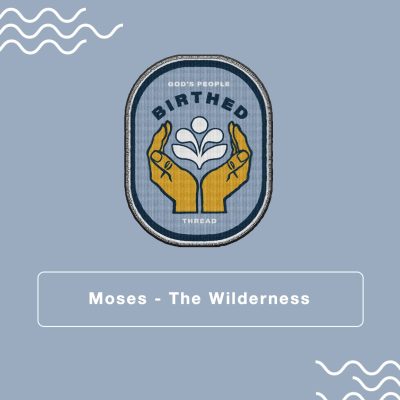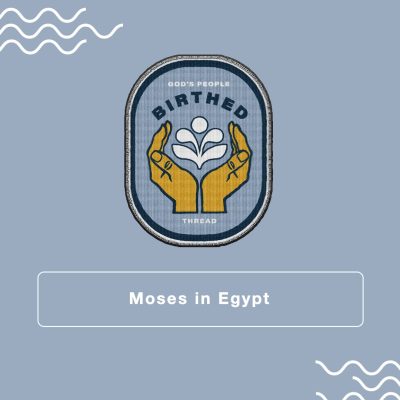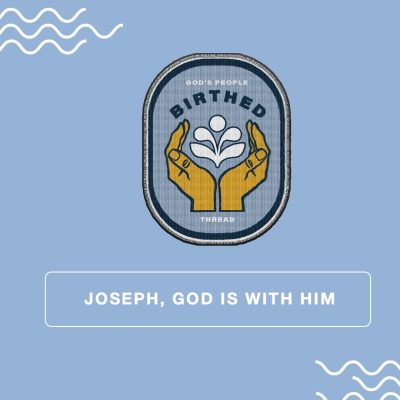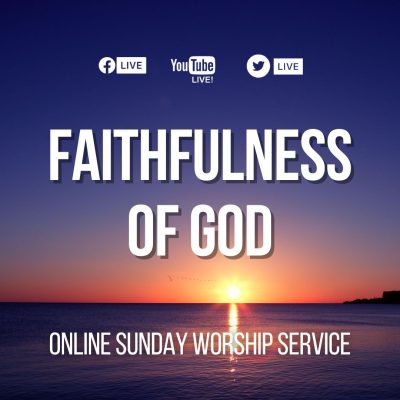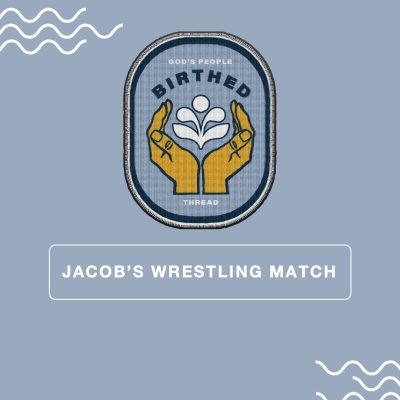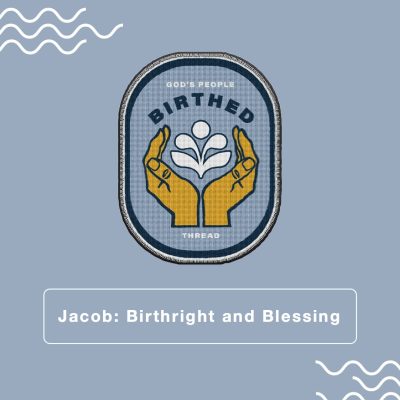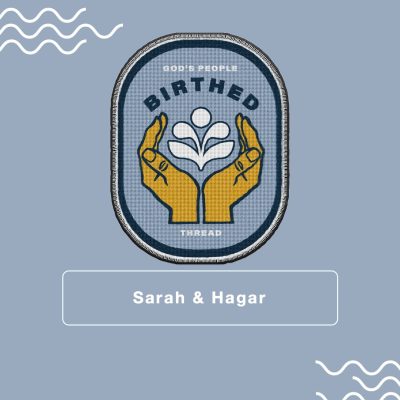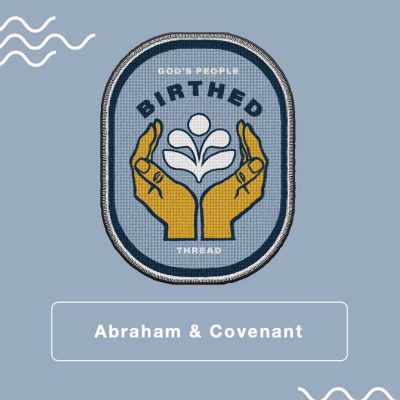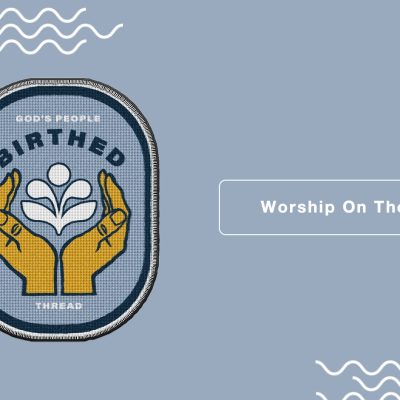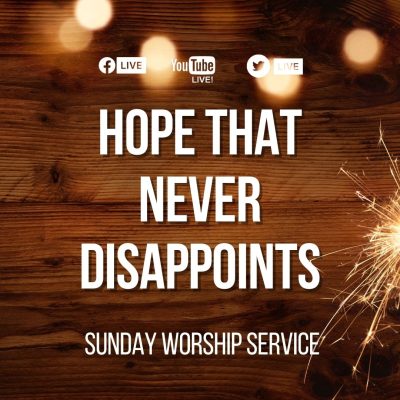Holiness is often misunderstood even by Christians. Our minds might picture Puritan preachers yelling or solemn church services in cathedrals. There’s much that we can learn from Moses’ encounter with our holy God at the burning bush on Mount Horeb. When we better understand the holiness of God, holy living as disciples of Jesus becomes more accessible.
Moses’ unlikely but divine path to becoming Israel’s deliverer challenges us to look for ways that God can use his followers to be deliverers. We often over simplify the amazing and unique things that happened in our lives to allow us to be delivered from sin. This can lead to many in our churches feeling like they can’t really contribute evangelistically. In this message you’ll see how little things in Moses’ early life set him up to be a great deliverer for God.
The story of Joseph teaches us that God is with us in our struggles. Not only that, but God is able to produce something from that struggle. Joseph had God’s perspective on struggles in his life and remained faithful to God’s promises.
Hebrews 11:1-20 reminds us of God’s faithfulness – from creating purpose out of chaos and nothingness to our lives today. We are reminded that, without faith, it is impossible to see God. Instead, we must trust God in our limitations because God is incapable of being unfaithful. If you wait until your life is in order to let God in, you will be waiting forever because (as with creation) only God can bring order to the chaos and nothingness of our lives.
Jacob’s wrestling match, in the middle of the night, comes when he is not expecting it. He realizes that he’s not just wrestling with man, but God himself, and the experience leaves him (and history) changed forever. As Christians, we can be surprised by the ways that God engages us too. Things in our lives that start out lacking clarity in darkness and even in isolation often end up being the things we wrestle and struggle with until God brings them to light.
Jacob’s story highlights that blessings come about in unexpected ways if we’re willing to look for them and even work toward them in a sense. We may have ideas about how we want God to work in our churches but they don’t always match up with his. How might God be working unexpectedly in your church? Is the Spirit working in a way that you didn’t see coming? What trends do you see? What ministries are producing fruit?
The saga of Sarah and Hagar is raw and real. We are not unfamiliar with feelings of emptiness and hopes deferred even with thousands of years separating our lives from the lives of these women. How do we deal with brokenness and loss? How can we trust when the answers to our prayers may not be seen in our lifetimes? Where is God in our deepest struggles? He sees us. He hears us.
As Christians, we have an advantage over Abraham and the faith heroes of the Old Testament. What they looked forward to in hope, we can look back upon with awe and gratitude. However, even though we’ve received such precious promises, we can often forget that God has kept his word. We need to remember the precious promises of God. Even the ones we still wait and hope for.
One of the remarkable things about Abraham, who God chose to enter into a covenant with, was that his faith was not compartmentalized. He worshiped God wherever he went. Wherever he set up his tent, he also built an altar to the Lord. When he won a war he worshiped a Jesus type in Melchizedek. He involved his family in worship, albeit in one of the wildest texts in the Bible, as Isaac carries the wood for his own sacrifice.
While Christmas is a time of quiet reflection over Christ’s impact on our lives, New Year’s Eve often makes look at the year ahead. Those who trust God’s promises have a lot to hope for. And ‘hope is a good thing, maybe the best of things, and no good thing ever dies.”


